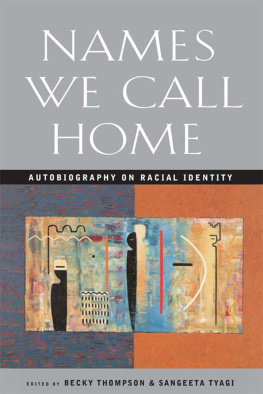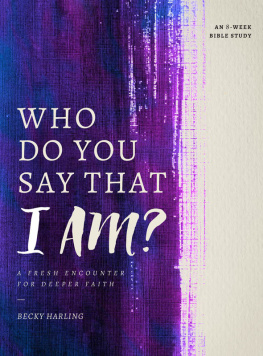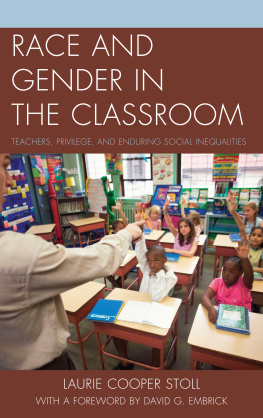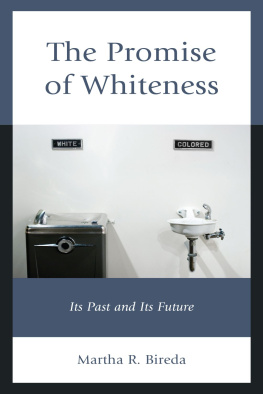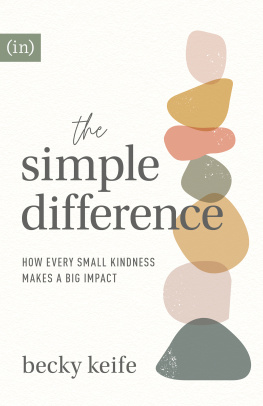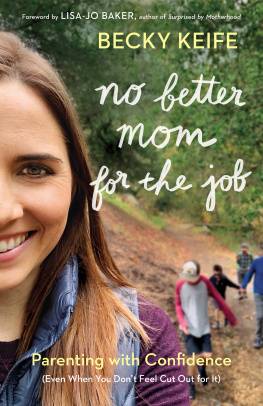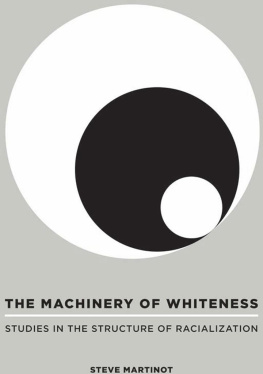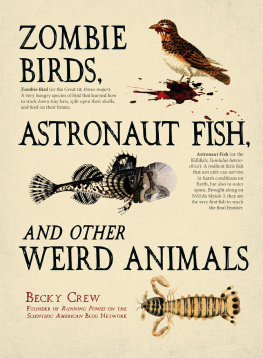No book is ever a project solely mused upon by the self. Indeed, it takes a village. As such, I first want to acknowledge the many contributors to this project beyond what was published. I hear your pain. I see your soul. With over 100 initial submissions to this project, I honor all those courageous authors who took the time and effort to write their truths. I hope and pray healing extends to you and your family, and that we remain connected throughout the years.
Without my pamilya, I am nowhere. They are my rock. They are my reason for being. They are my motivation. It took a devastating experience professionally to realize where my true loyalties reside. Thank you for always standing by my side and for having my back when I needed it most. I am so proud of how we stood strong after the storm, and I look forward to basking in the rainbows later.
To my scholar homies, you know who you are. The countless drinks, text ventings, and critical dialogues were not only personally healing; they were the single driving force that helped me complete this book. I could not have done this without you. Thank you for always having my back and pushing me to do better. You give me strength even when you all think I need none.
To Dra. Aurora Chang, thank you for lending your eye, heart, and expertise on this manuscript. I felt safe with you. That, in and of itself, is most telling.
To my gramma, Elisa Maun Matias, though you departed from this earth before I could share these written words, the ideas have always been with you. I miss you dearly, but you will live on. I promise. I want it to be clear and written in stone that you were my inspiration for becoming a teacher.
To my mom, you are my life, and thank you for giving it to me.
Dr. Kakali Bhattacharya is a multiple award-winning professor at University of Florida. Housed in Research, Evaluation, and Measurement, she serves as a qualitative methodologist for the College of Education. For the last fifteen years, Dr. Bhattacharya has been exploring qualitative research through critical, de/colonial, creative, and contemplative perspectives. Grounded in the social foundation of higher education. Dr. Bhattacharya has explored the intersected nature of various structures of oppression from transnational and postcolonial feminist perspectives. She is the 2018 winner of AERAs Mid-Career Scholar of Color Award and the 2018 winner of AERAs Mentoring Award from Division G: Social Context of Education. Her co-authored text with Kent Gillen, Power, Race, and Higher Education: A Cross-Cultural Parallel Narrative has won a 2017 Outstanding Publication Award from AERA (SIG 168) and a 2018 Outstanding Book Award from International Congress of Qualitative Research. In 2018, she was recognized as one of the top 25 women in higher education by Diverse magazine for her significant contribution to social justice work and efforts to de/colonize qualitative research. Additionally, she was one of the six distinguished scholars invited by the Association of Studies in Higher Education as a featured speaker for their 2018 Inaugural Woke Methodology Series. She routinely offers workshops, keynote speeches nationally and internationally. In addition to guest editing for leading journals in her field, she is the sole editor of Routledge Book Series entitled Futures of Data Analysis in Qualitative Research.
Dr. Darryl Brice was born and raised in Baltimore, Maryland. He attended Frostburg State University located in Frostburg, Maryland, where he received his BS in Political Science and Justice Studies. He received his MA and PhD in Sociology from Loyola University Chicago. Dr. Brice is currently an Instructor of Sociology and Diversity and Globalism Studies at Highline College where he has taught since 2003. While teaching at Highline College he was awarded tenure in 2007. The next year, in 2008, Highline College recognized him as Faculty Member of the Year. In 2009 he was the recipient of the NISOD (National Institute for Staff and Development) Excellence Award. In addition, Darryl has appeared in Whos Who Among Americas Teachers. More importantly, he is the father of two amazing children, Nia and Michael.
Derrick R. Brooms, PhD, is faculty in sociology and Africana Studies at the University of Cincinnati and serves as a youth worker. His research and activism focus on educational equity, race and racism, diversity and inequality, and identity. He is author of Being Black, Being Male on Campus: Understanding and Confronting Black Male Collegiate Experiences (SUNY, 2017), co-editor of Living Racism: Through the Barrel of the Book (Lexington Press, 2018), and co-author of Empowering Men of Color on Campus: Building Student Community in Higher Education (Rutgers, 2018).
Dr. Nolan Cabrera is a nationally-recognized expert in the areas of racism/anti-racism on college campuses, Whiteness, and ethnic studies. He is currently an associate professor in the Center for the Study of Higher Education at the University of Arizona, and was the only academic featured in the MTV documentary White People. His new book, White Guys on Campus, is a deep exploration of White male racism, and occasional anti-racism, on college campuses a text Jeff Chang (author of We Gon Be Alright) described as A timely, provocative, even hopeful book. Additionally, Dr. Cabrera was an expert witness in the Tucson Unified Mexican American Studies case (Arcev. Douglas), which is the highest-profile ethnic studies case in the countrys history. He has given hundreds of lectures, keynote addresses, and trainings throughout the country on challenging racism/Whiteness, working through unconscious bias, creating inclusive college campuses, and the expansion of ethnic studies programs. Dr. Cabrera is an award-winning scholar whose numerous publications have appeared in some of the most prestigious journals in the fields of education and racial studies. He completed his graduate work at UCLA in Higher Education & Organizational Change and Dr. Cabrera earned his BA from Stanford University in Comparative Studies in Race and Ethnicity (Education focus). He is a former Director of a Boys & Girls Club in the San Francisco Bay Area, and is originally from McMinnville, Oregon.
shelby xhey dawkins-law evans-el is an Equity and Justice Scholar in the Higher Education Management program at the University of Pittsburgh. They are a graduate of the BA in Psychology and MA in Education: Culture, Curriculum and Change programs at UNC Chapel Hill. They hold graduate certificates in Nonprofit Leadership and Qualitative Methodology from UNC-CH and are enrolled in the Gender, Womens, and Sexuality Studies certificate Pitt. Their research is grounded in Black feminist praxis, methodologies and epistemologies (Dillard, 2006; Evans-Winters, 2019; Hill Collins, 1990). They leverage qualitative inquiry, art and grant writing to reimagine and humanize higher education for multiply minoritized graduate students (MMGS). They are currently Co-Principal Investigator of 2 projects that together distribute resources and provide academic and wellness programs to build community for MMGS and students with hidden disabilities. Their work responds to a call for trickle-up high impact practices (TUHIPs) that recognize [whiteness] as a container by framing student leadership as an innovation space to brainstorm ways to shift institutional climate to be more loving toward the Othered among us (Stewart & Nicolazzo, 2018).
Dr. Kelly E. Demers is an associate professor in the Education Department at Saint Anselm College in Manchester, New Hampshire, where she teaches courses on multicultural perspectives, ESOL instruction, and arts integration. Her interests include the exploration of White teachers beliefs and attitudes regarding students of color and the intersection of race and language. All of this research is conducted through a theoretical lens rooted in critical multi-cultural education, critical theory, critical pedagogy, and post-humanism. She received her doctorate in Curriculum and Instruction from Boston College, a Master of Education from Lesley University, and a Bachelor of Music from New England Conservatory. For seven years she was a public-school teacher in Somerville, Massachusetts.



